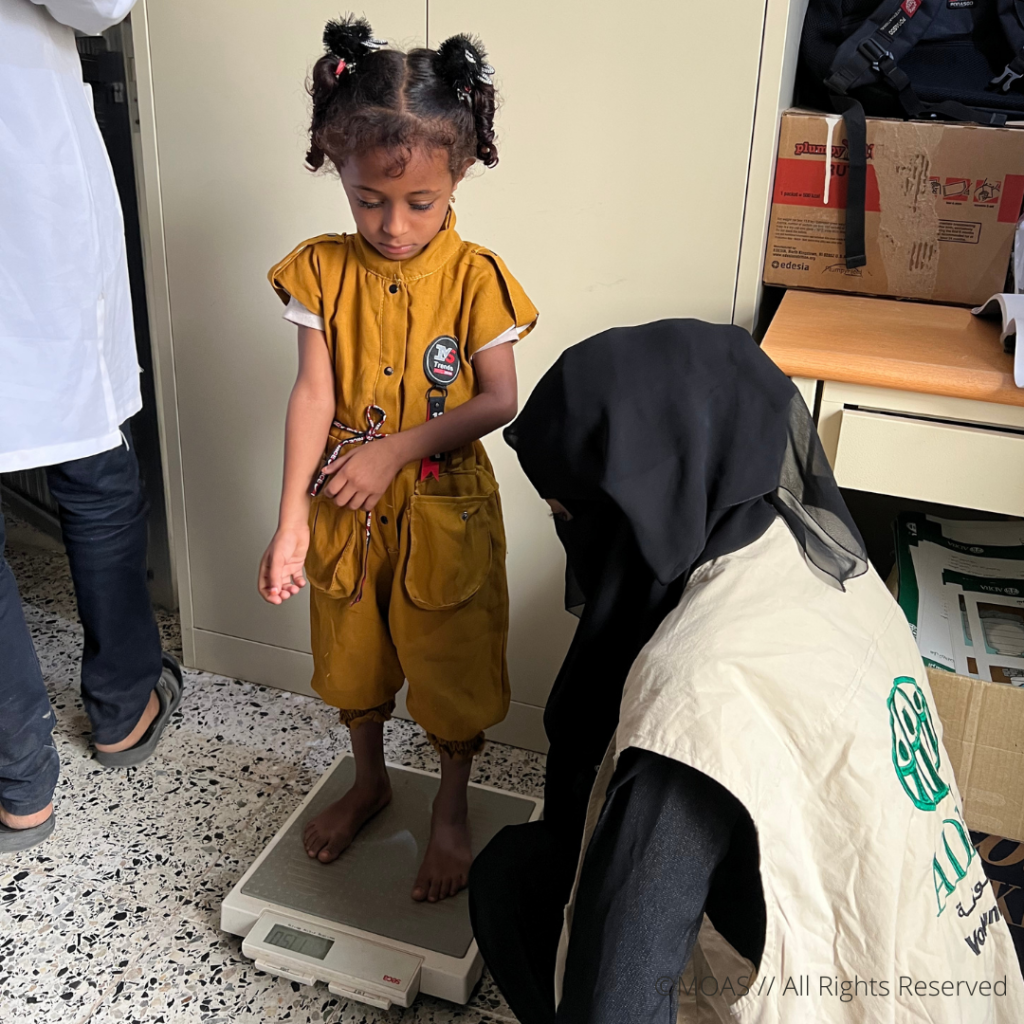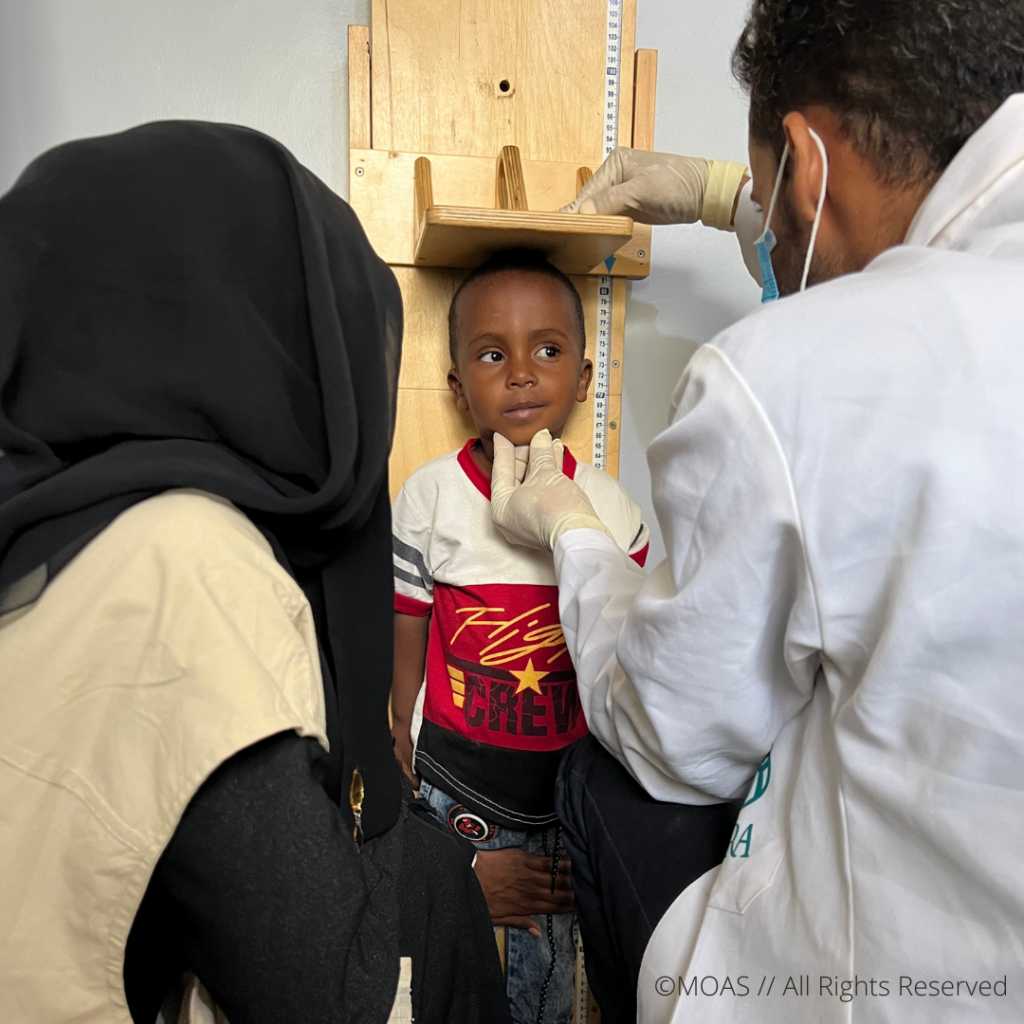Yemen: The Unfolding Crisis
The current levels of hunger in Yemen are both unprecedented and rising, as millions of civilians face hardship and harsh conditions. While ongoing humanitarian assistance has helped alleviate some food insecurity, the number of food insecure is estimated to reach 19 million by the end of this year. The number of children who are malnourished is one of the highest globally and a recent survey estimated that 1 in 3 families have substantial gaps in their diets.
The UN was seeking $4.3bn to help mitigate the world’s worst humanitarian crisis with the country nearly on the verge of total collapse, but as global attention continues to be on the evolving situation in Ukraine, some major contributions were missing. Only $1.3bn was pledged and the humanitarian situation is at its worst as the country now faces further violence, collapsing state institutions and economic crisis.
80% of the country’s 30 million civilians depend on aid to survive and with the country nearly fully dependent on imports for food and energy, food insecurity will likely increase as a direct result of the conflict in Ukraine, as the country produces nearly a third of Yemen’s wheat supplies.
MOAS in Yemen
Since early 2019, MOAS has been providing pharmaceutical care and specialist malnutrition treatment to vulnerable children in Yemen, with the ongoing support of partners, Edesia and ADRA, we managed to successfully distribute over 130 tons of medicine and ready to use therapeutic foods to children on the brink of starvation and this year, we have multiple aid deliveries underway. Our most recent delivery has helped support young children like Bra’ah, Thabit, Nadir, Haiat and Yosif. These children were recently admitted to in-patient care services, with many families having to travel long distances to reach the centres for treatment. When the parents were asked about their hopes and dreams for their child’s future, they unanimously hoped that their children could be a healthy weight, as they all bore
helped support young children like Bra’ah, Thabit, Nadir, Haiat and Yosif. These children were recently admitted to in-patient care services, with many families having to travel long distances to reach the centres for treatment. When the parents were asked about their hopes and dreams for their child’s future, they unanimously hoped that their children could be a healthy weight, as they all bore  witness to their child’s deteriorating health due to malnutrition.
witness to their child’s deteriorating health due to malnutrition.
Nadir was just 11-months old when he was admitted to hospital to receive malnutrition treatment delivered by MOAS to Adra. His weight had been dropping and he suffered from diarrhea due to a lack of sufficient nutrition. After receiving the course of treatment, his weight improved and he was able to be discharged on a home-supply of RUSF treatment which can be administered remotely.
Conclusion
These children deserve to live full and healthy lives, while the global community needs to respond to the growing humanitarian crisis and help build food supplies in-country, we also need to continue providing malnutrition treatment for children like Nadir, who have already been impacted by food insecurity.
We believe our greatest achievements lie in the depth and breadth of support we have provided our beneficiaries. We continue to be dedicated to working towards a world where all people are treated with dignity and respect, through our logistical expertise we are able to rapidly respond to emerging crises like in Yemen.
If you are interested in the work of MOAS and our partners, please follow us on social media, sign up to our newsletter and share our content. You can also reach out to us any time via [email protected]. If you want to support our operations, please give what you can at www.moas.eu/donate.
